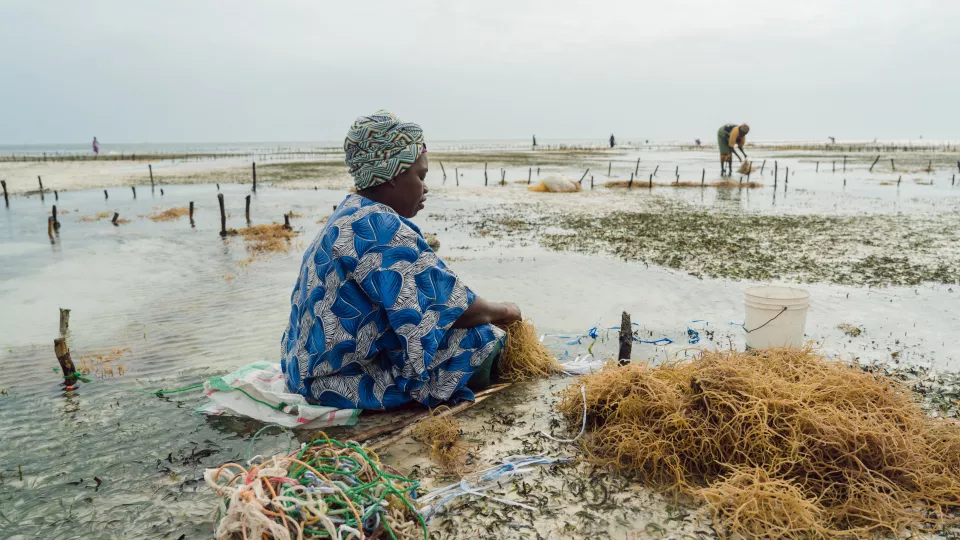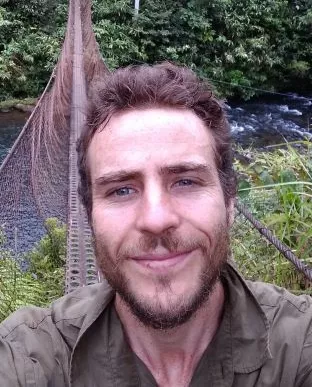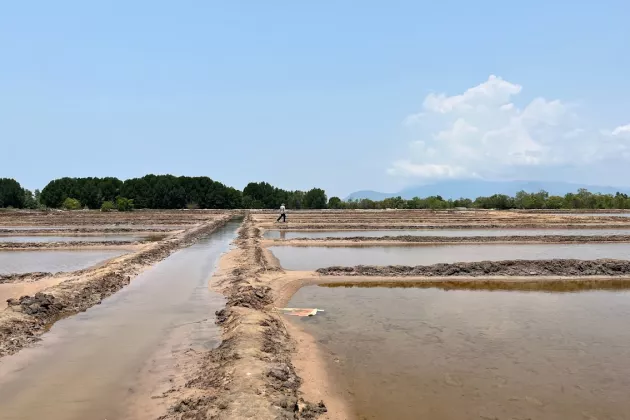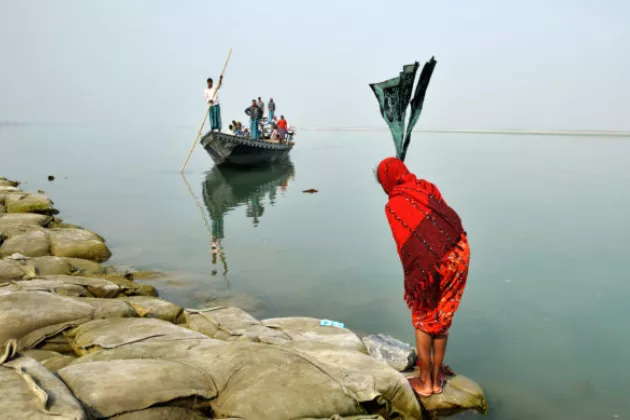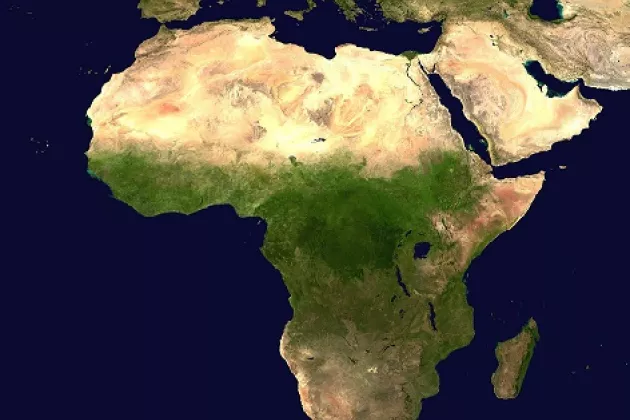Climate change is already causing permanent loss and reparable damage to things people value. Although economic impacts dominate the science and policy of climate change loss and damage, non-economic impacts far outweigh direct economic loss and damage. Non-economic loss and damage refers to things of value – intangible or tangible – that are not commonly traded in markets. This includes for example loss and damage to traditions and culture, ecosystems and biodiversity, physical and mental health, sense of place and identity.
– Loss and damage has emerged as a key concern within the UNFCCC and our work helps to shed light on the importance of non-economic dimensions, says LUCSUS post-doctoral researcher Guy Jackson.
He has been leading the work on a non-economic loss and damage explainer and policy brief, published by Loss and Damage Collaboration, as part of his work within the LUCSUS project DICE, Recasting the disproportionate impacts of climate change extremes.
A Non-Economic Loss and Damage Explainer (PDF)
A Non-Economic Loss and Damage Policy Brief (PDF)
The importance of interdisciplinarity and partnership between institutions
Guy Jackson emphasises that research on non-economic loss and damage must be interdisciplinary. To understand the kinds of losses and damaged being experienced by people demands drawing from theory in sustainability science, geography, economics, psychology, and philosophy. Although climate change is an objective phenomenon, the ways in which people experience climate change is mediated by subjectivities and values.
– LUCSUS holds much knowledge on loss and damage, but, like the report demonstrates, we collaborate with many other scientists from a range of academic, policy, and government institutions. Learning, sharing knowledge, and building partnerships with a range of societal actors is necessary when working on such a real-world problem as loss and damage, says Guy Jackson.
Workshop on non-economic loss and damage at COP27
On 11-12 November, LUCSUS researchers will organise a workshop in Sharm El-Sheikh, Egypt, with scholars from across Africa working on climate, development, and vulnerability to engage and discuss current knowledge gaps and future directions on loss and damage from climate change.
As the IPCC Working Group 2, Chapter 9 “Africa” (2022, 1289) opening remark states:
Africa is one of the lowest contributors to greenhouse gas emissions causing climate change, yet key development sectors have already experienced widespread losses and damages attributable to human-induced climate change, including biodiversity loss, water shortages, reduced food production, loss of lives and reduced economic growth (high confidence).
This statement emphasises that losses and damages from climate change are already being experienced across the continent. However, little empirical research records people’s experiences of these losses and damages.
– Our hope is to create a network of researchers that can work together to identify the gaps and needs that currently exist and propose a course of research to begin to address them with a particular focus on non-economic loss and damage, says Guy Jackson, who will be organizing the workshop together with several other LUCSUS researchers.
